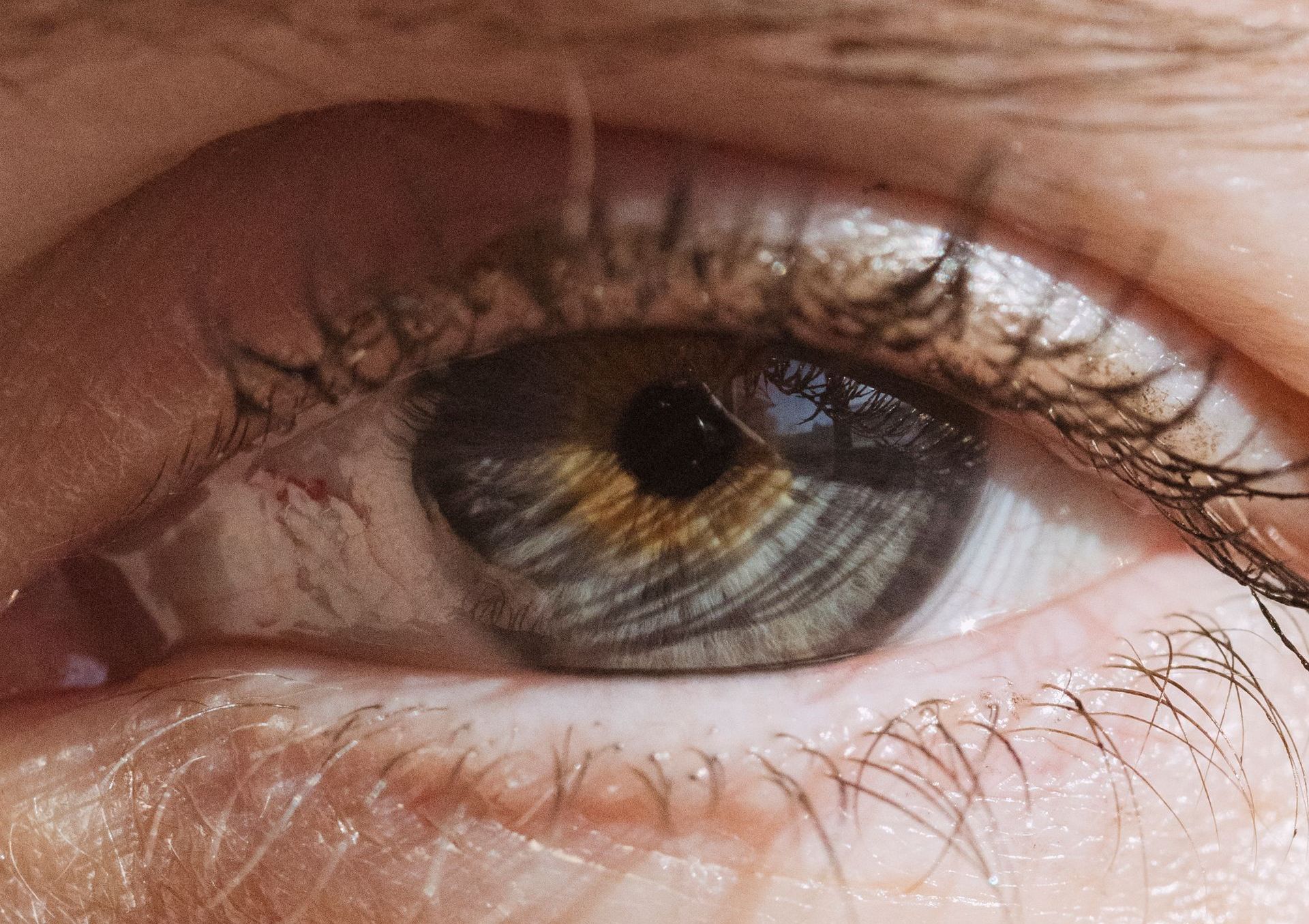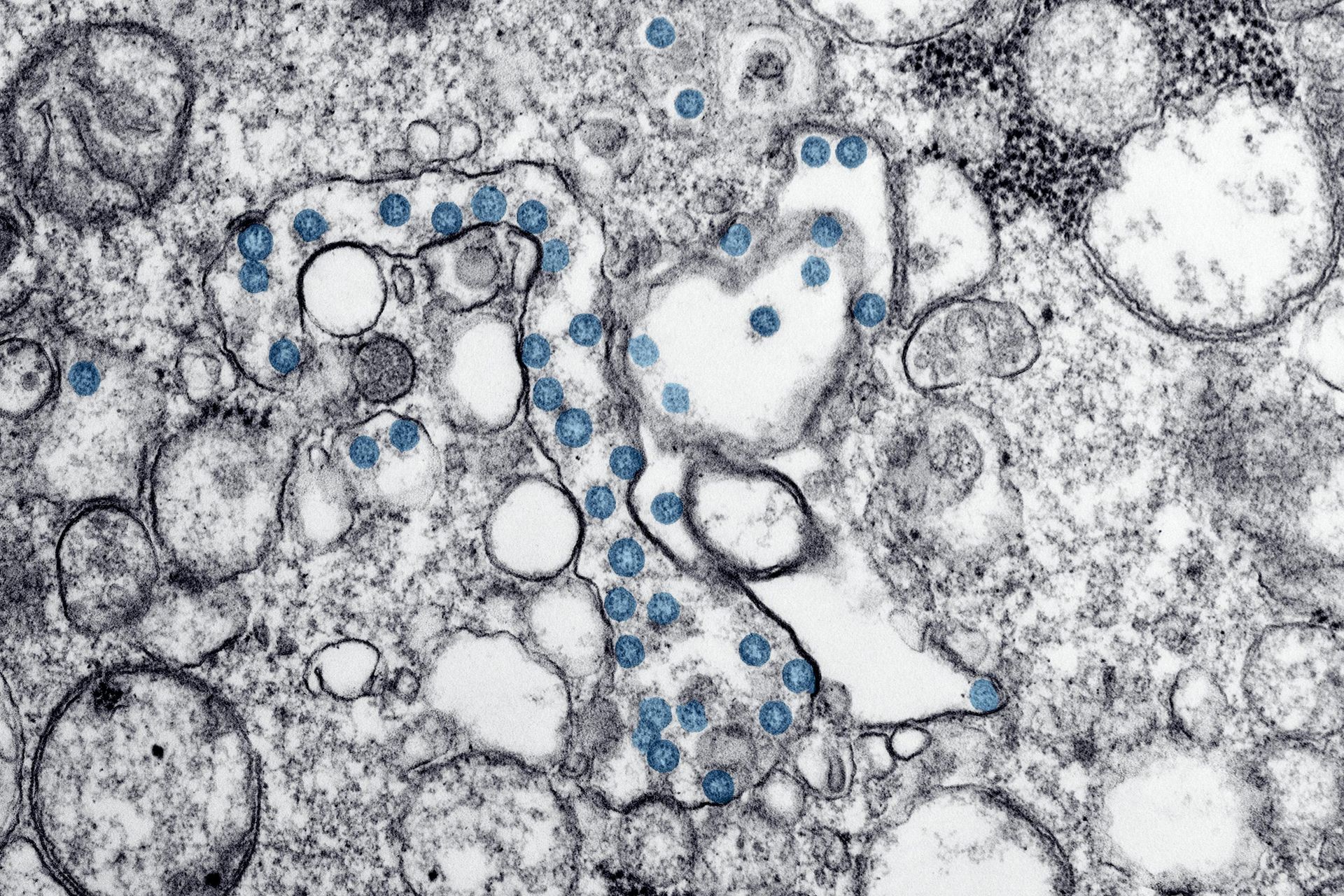Cataract Surgery and macular degeneration.

Blog vol 5.1. Cataract Surgery and macular degeneration.
What if you have macular degeneration and are receiving Anti-VEGF (anti-vascular endothelial growth factor) injections, can you go ahead with cataract surgery? A unique situation, but one I ran into this past week, and not so uncommon as you would think.
For 90% of patients, Anti-VEGF injections for wet macular degeneration arrest the condition, and up to 33% see some visual improvement, a wonderful thing. This treatment, any effective treatment, is relatively new. When I started practising in the late 1980s, there was no treatment that worked to stop macular degeneration, consequently, we did not worry about cataracts. This is a very good problem we are discussing.
Current cataract surgery, the removal of the cloudy lens from the eye and the replacement with a clear intra-ocular implant is a well-proven treatment for cataracts.
So far so good, but what happens if we mix the two together?
As we go along and develop new procedures we meet with new dilemmas. In the past, most wet macular degeneration patients would lose substantial vision, to the point that cataract surgery would not be done because very little improvement of vision would be attained. Not worth the risk. But with anti-VEGF injections, most patients can be kept at a functional level of vision, so cataract surgery becomes helpful.
Long-term studies, like AREDS2 (see here), have found that cataract surgery does not significantly affect the macula. That is good. In 2019 a study was done co-ordinating the two procedures (we are not the only ones wondering about this): anti-VEGF treatments for wet macular degeneration and cataract surgery (see here). This study found that the injections did not detrimentally affect the cataract surgery outcomes.
Not surprisingly, the consensus among retinologists (ophthalmologists who specialize in retina issues) is that the wet macular degeneration has to be stable before attempting cataract surgery. The person receiving injections must a have stable retina, as judged by the retinologist, and then be scheduled for surgery.
If you are in this situation, make sure that the injections are working, then look into cataract surgery. We see a lot of people after cataract surgery, and we see a lot of people getting injections. Outcomes have been very promising.
Til next week,
The good doctor






